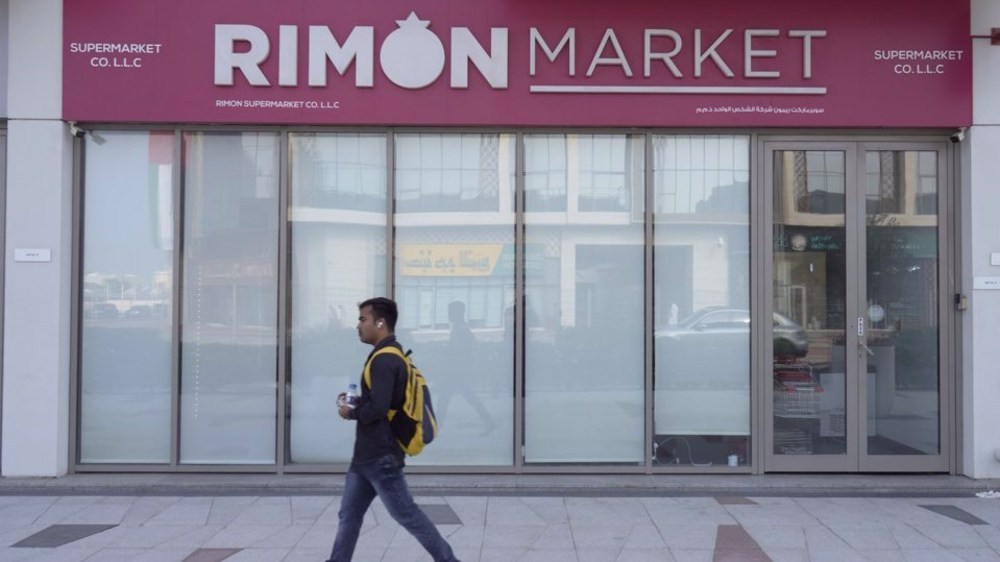Qatari emir in Malaysia in blow to Saudi Arabia
Malaysia has rolled out the red carpet for Qatar's emir, who is on his first trip to Southeast Asia amid a simmering diplomatic crisis with Saudi Arabia and its allies.
King Sultan Muhammad V, Prime Minister Najib Razak and cabinet ministers were on hand in Kuala Lumpur Monday to give the Qatari leader a detailed state welcome.
Sheikh Tamim, who arrived late Sunday, was given a 21-gun salute before he sat down to oversee the signing of agreements on training for diplomats, higher education, and legal and judicial cooperation.

Sheikh Tamim is accompanied by a delegation of cabinet members and businessmen in his visit which will also take him to Singapore and Indonesia.
This is his second trip abroad since the diplomatic crisis erupted after he traveled to Turkey, Germany, France and the United States in September.
Qatar’s al-Jazeera broadcaster said the visit was aimed at strengthening bilateral relations, particularly in the fields of energy, economy, and investment.
Later Monday, the Qatari emir traveled to Putrajaya, Malaysia's administrative capital, to meet Prime Minister Najib at his residence.
It is definitely a hard pill to swallow for Saudi leaders whose intimate relationship with Najib has landed them in a controversy.
The Malaysian premier has been the subject of investigation over $681 million transferred into his account back in 2013, which he has said was personal donations from the Saudi royal family.
Najib visited Riyadh in March and met with King Salman bin Abdulaziz Al Saud, where they said relations were as strong as ever. Salman answered the visit eight months ago on his first trip to the Southeast Asian country by a Saudi king in more than a decade.
In a statement on Monday, Najib said, “We pray that with the grace of Allah the Almighty, all differences among our Arab brothers will be settled amicably and that the unity and harmony of the GCC countries can be restored.”
He was referring to the Persian Gulf Cooperation Council, a group of regional Arab countries which have ejected Qatar.
Qatar remains under a Saudi-led trade and diplomatic blockade imposed on it back in June over what Riyadh and its allies call Doha’s support for terrorism and close ties with Iran.
The sanctioning states, which also comprise the United Arab Emirates, Bahrain, and Egypt, have presented Qatar with a list of demands in order to normalize ties. Doha has rejected the demands, saying they are meant to force the country to surrender its sovereignty.
Israeli strikes on north Gaza hospital ‘extremely dangerous, terrifying’: Director
VIDEO | Yemen targets Tel Aviv with Palestine 2 missiles
Pezeshkian: Iran resolved to complete North-South Transport Corridor
VIDEO | Iran-Syria: For Resistance
Qassam Brigades claims killing 3 Israeli troops in northern Gaza
More alive than ever: Sayyed Hassan Nasrallah's legacy grows stronger in martyrdom
Occupation of Syria’s highest peak Mount Hermon part of ‘Greater Israel’ project
Iran: Syrian people will decide their future without foreign interference












 This makes it easy to access the Press TV website
This makes it easy to access the Press TV website